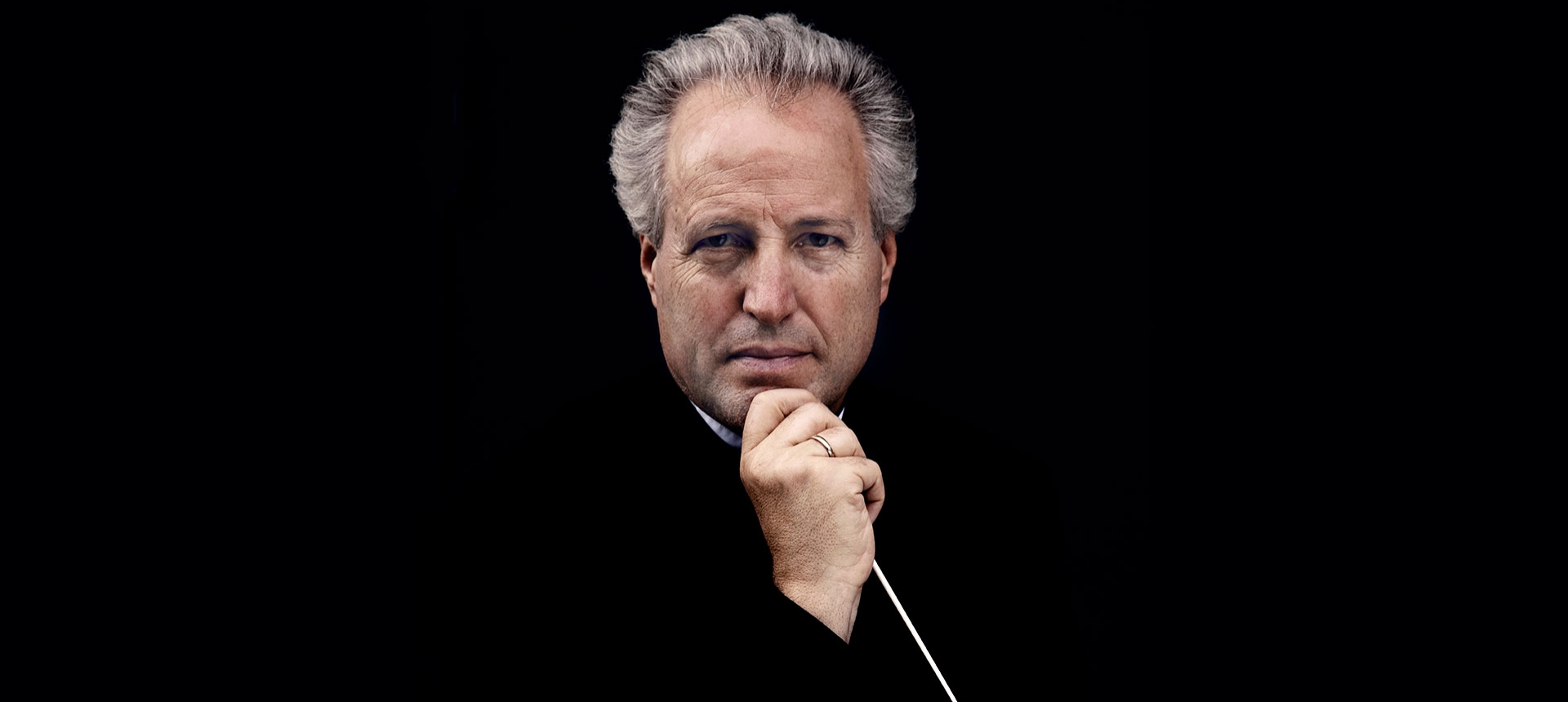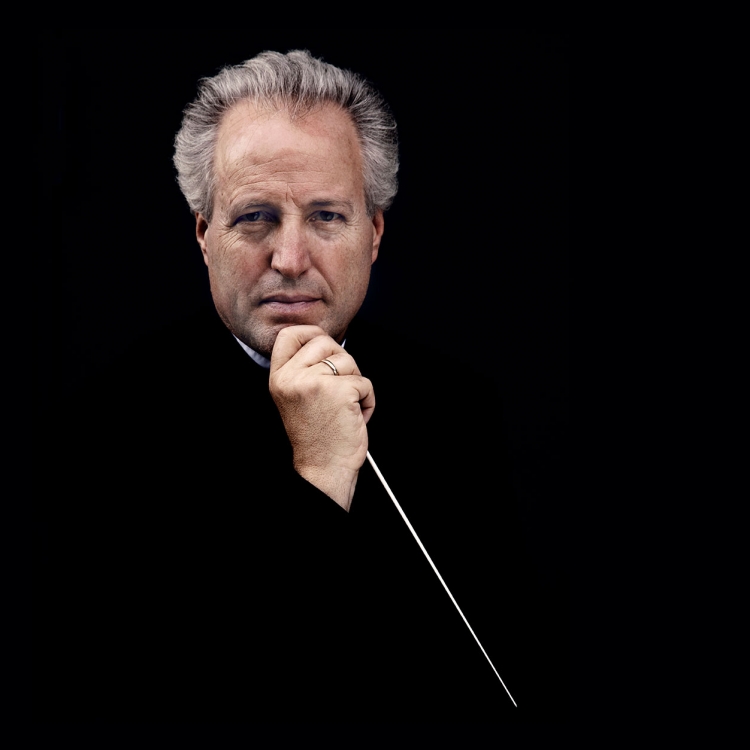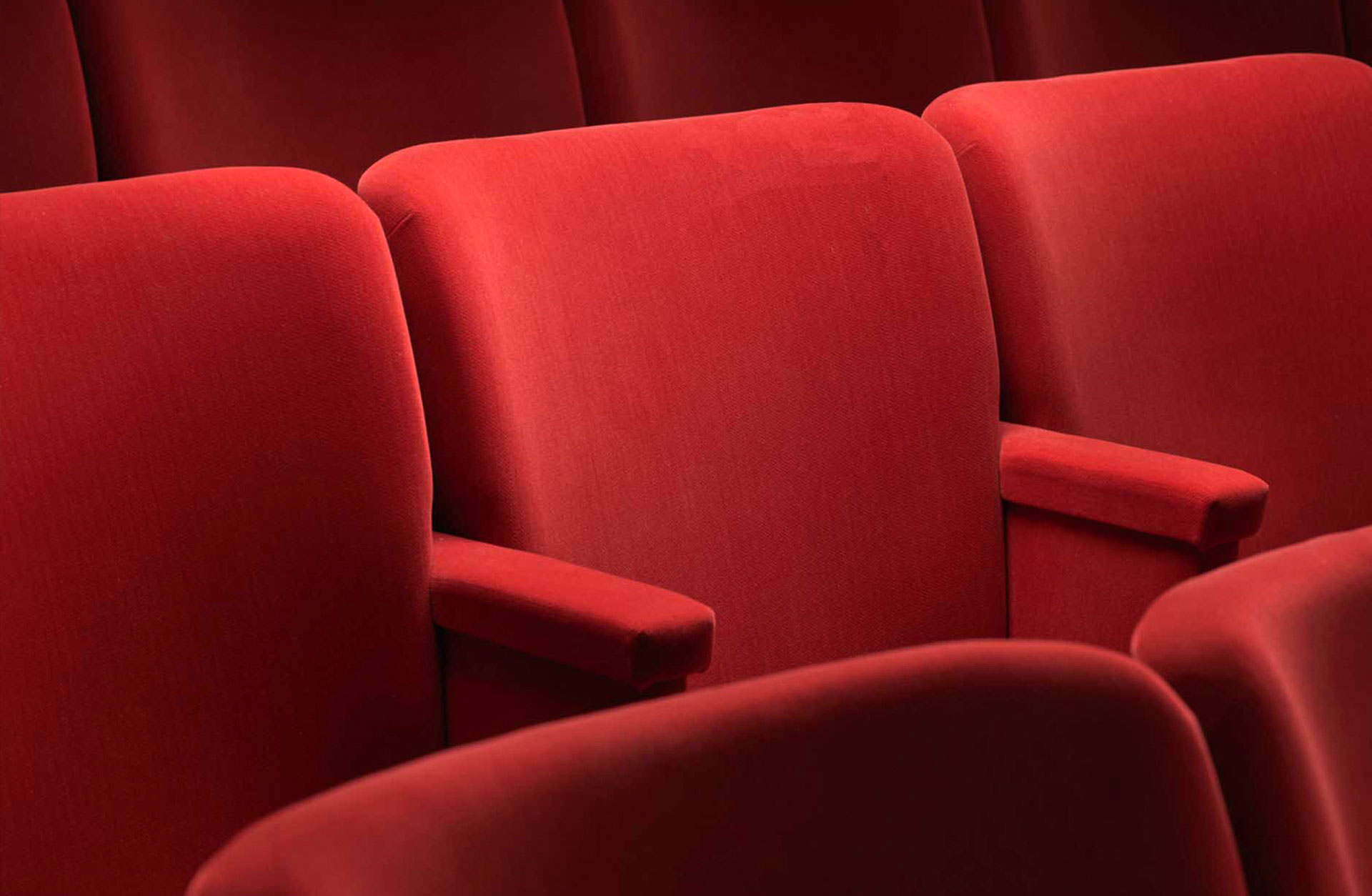Cart
Your cart is empty
Your cart is empty
List is empty
Press ESC to close the search field



Event has already taken place. A masterpiece with the Oslo Philharmonic, conductor Manfred Honeck and pianist Martin Helmchen.
Meet Ludwig van Beethoven’s timeless masterpiece the Eroica symphony, interpreted here by the Oslo Philharmonic and conductor Manfred Honeck!
Beethoven wrote his famous Heiligenstadt Testament in October 1802, which reflects his despair over his increasing deafness. In it he queried whether he would now be able to achieve the great deeds that he felt he had been born to achieve. His Symphony No. 3, the Eroica, showed that he would succeed. The story of how Beethoven tore out the title page from the score of the symphony, where the original dedication to Napoleon was supposed to have been written, is well known but has been told in many versions.
This evening’s programme also treats the audience to Robert Schumann’s sensitively balanced Piano Concerto, with Martin Helmchen as the soloist.
Manfred Honeck is Music Director of the Pittsburgh Symphony Orchestra, although he also conducts many other of the world’s most prestigious orchestras. He is a familiar name to many in Sweden after his years spent as chief conductor of the Swedish Radio Symphony Orchestra.
Explore the music.
Take a seat in the Great Hall one hour before the concert begins and learn more about the music you will soon experience! This evening, Ingrid Røynesdal, CEO of the Oslo Philharmonic, and Sten Cranner, CEO of the Gothenburg Symphony Orchestra, talk about the similarities and differences between the two orchestras, and how to collaborate across national borders. The introduction last for about 30 minutes, it is free and free seating in the hall. Warm welcome!

Here you will find all the necessary information that you need to know about before your magical visit in the Concert Hall.
Invite yourself or someone you like to an experience for all the senses. Welcome to visit the Concert Hall's restaurant or one of our foyer bars.